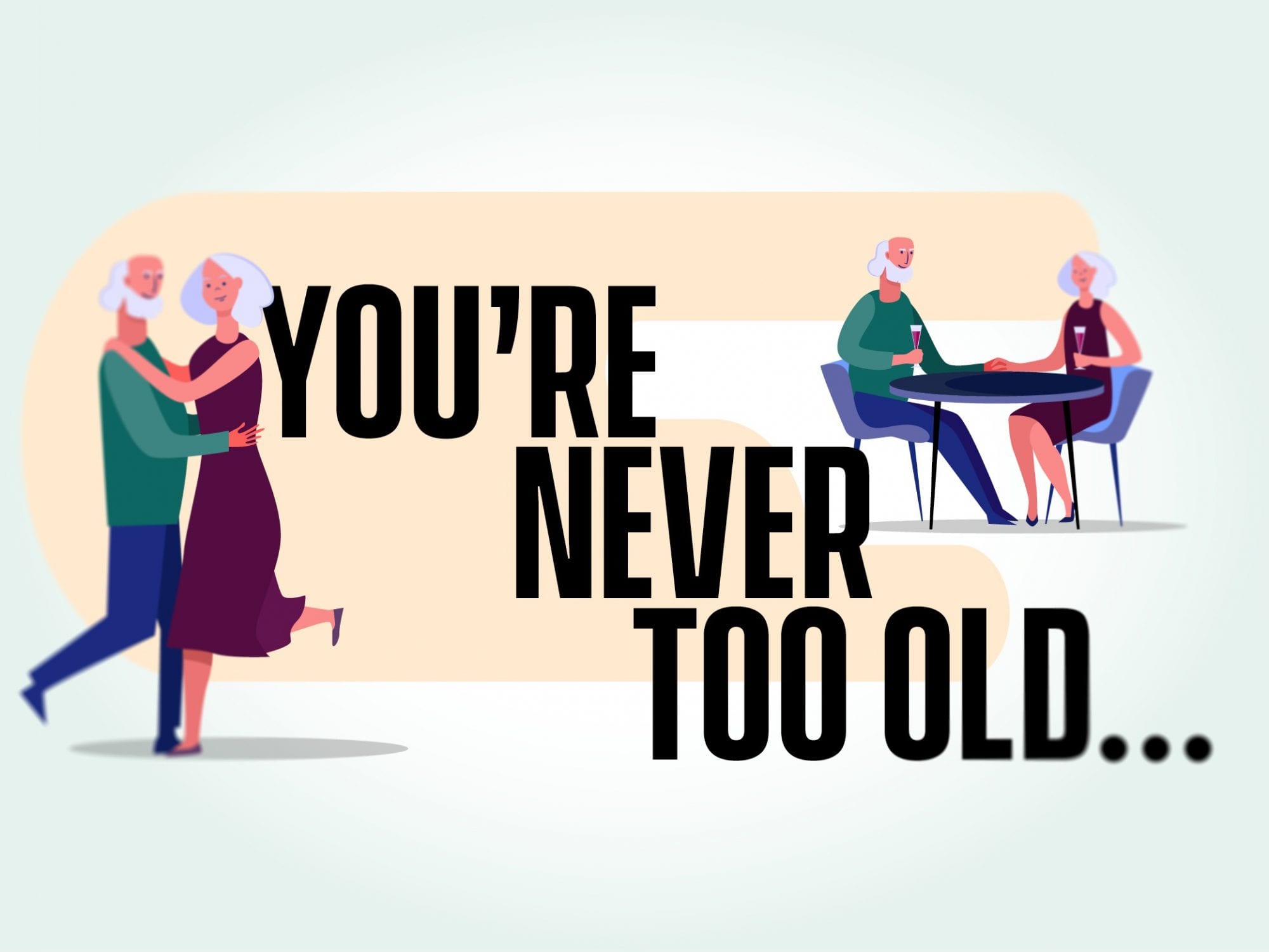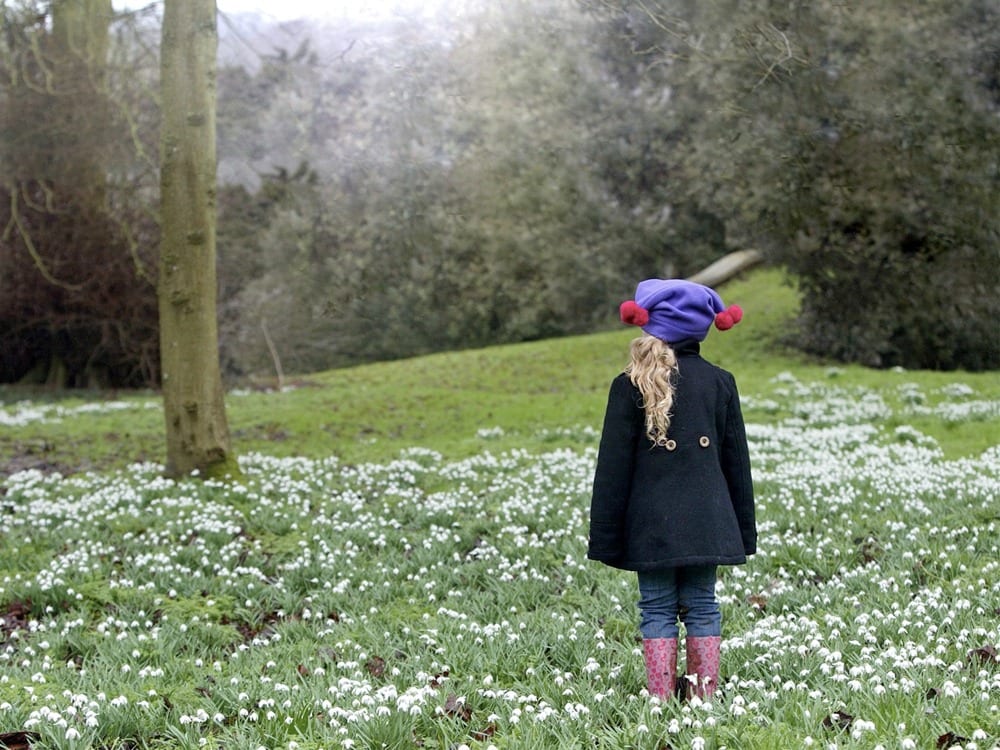All Areas
TOP STORIES

Forging past the food fads
With so much misinformation out there here are Abi Barclay-Watt’s 25 nutritional truths – no fads!

Warmer winter
Tips on how to keep your home warm & safe in the colder months

February’s recipes: Rice & easy!
We’ve teamed up with Tilda to serve up some recipes to make the most of their new flavoured easy-cook sachets

You’re never too old…
Active minds and active bodies are on the curriculum at the University of the Third Age

Snowdrop walk
Join snowdrop walk and support Child Bereavement UK

2020 trends
The ways of getting in shape are constantly changing as this year’s trends suggest

New year, new job
Want a change of job and need some help writing that perfect CV? Judith Coslett has some great advice
No posts found
No posts found
No posts found
No posts found

ABOUT US
Over the Years

2025
Round & About now have 31 editions reaching over 620,000 homes each month
22 employees, and over 600 businesses advertising each month
2019
The team won gold for Commercial Team of the Year and Regional Media Brand of the Year
at the British Media Awards 2019
2016
Round & About held
the first of two SO
Food Festivals
in Wallingford in September






